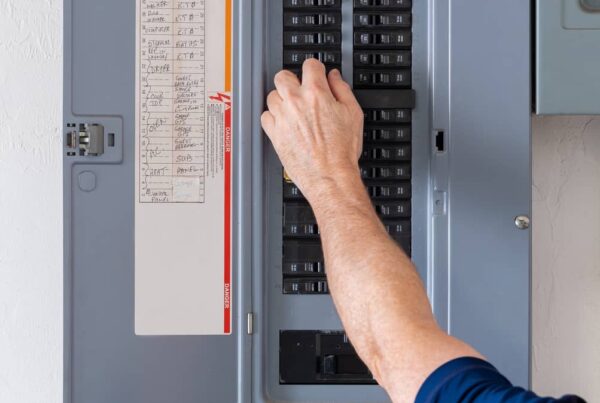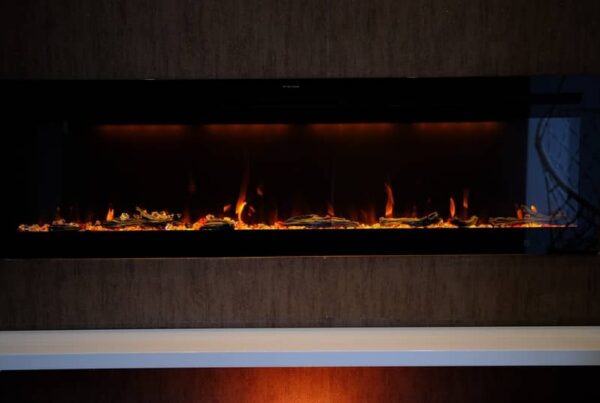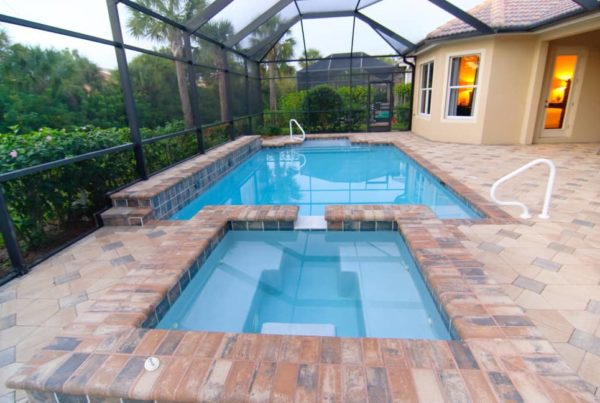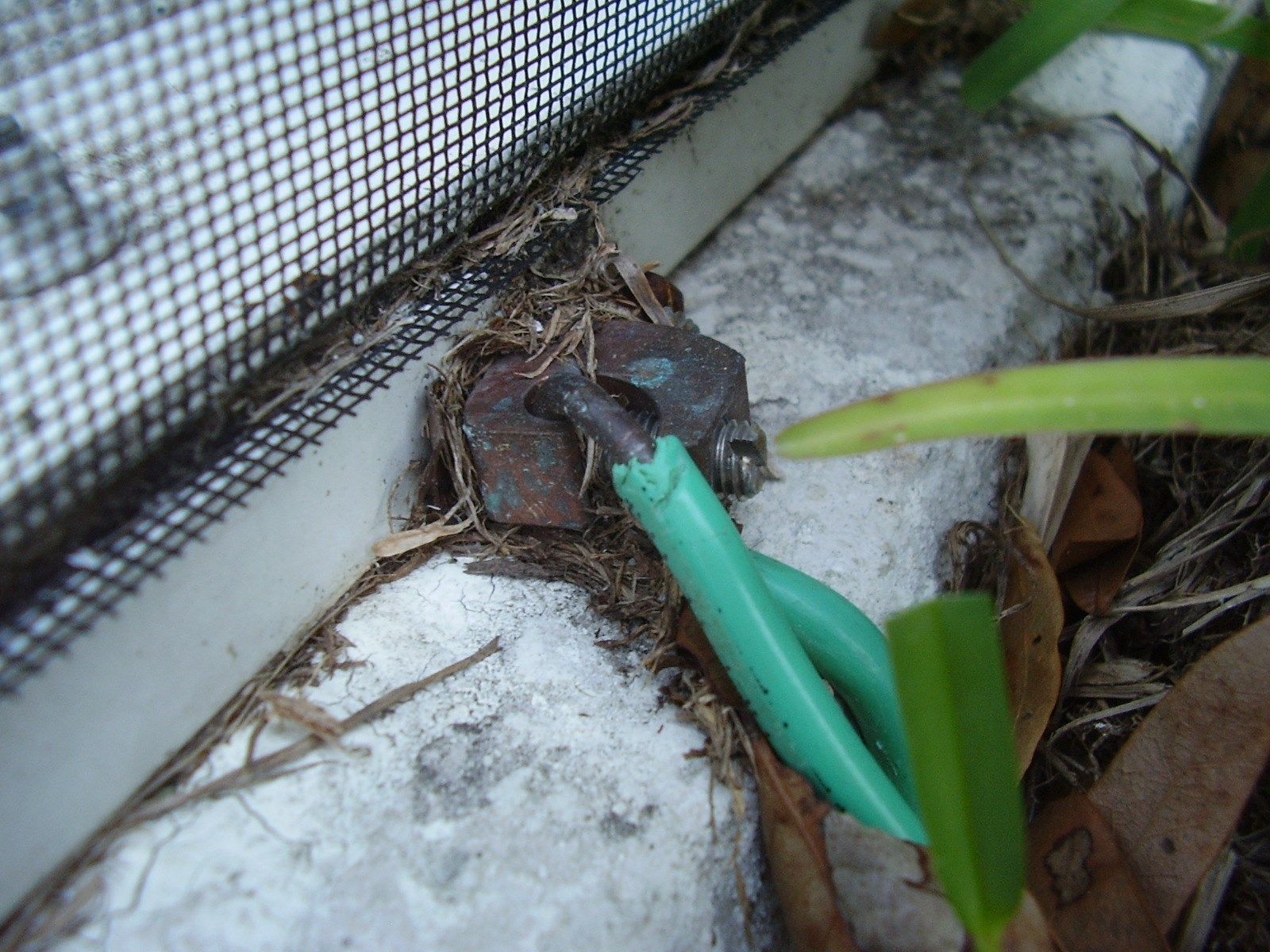
So, in one of our previous articles, we discussed the importance of a pool inspection. Within that blog, we briefly mentioned pool bonding and grounding.
With this article, we are going to take a deeper look into bonding pool equipment and why you need to do it.
What is Bonding and Why Do We Do It?
Bonding (connecting) of metal is typically done by a 8 gauge copper wire. The connections of metal by the copper wire allow for electric flow to pass through metal.
In all metal, there are little electric currents. Electric currents that cannot escape to ground, or go back to their source, and ultimately, concentrate to one area are highly dangerous.
Without Bonding Examples
For example, if someone is swimming in a pool and the pool cage (the rebar inside the concrete pool) becomes concentrated with electric flow, the electricity may easily flow through the water shocking the human.
In another example, if the pool pump shorts, it can pass electricity through the internal water (pool water). And now, anyone is in the pool can become electrocuted.
The goal of bonding is to allow electric flow back to the source or to the ground.
What Metal is Bonded?
However, if we were to bond all metal together, there is no chance for electric concentrations as the electricity will spread across the metal.
Therefore, pool contractors and electricians will bond your pool pumps, heaters, pool cage, lights, screen enclosure, and ALL metal surrounding your pool (i.e. door/window frames).
You can see the pool enclosure (bird cage, or screen enclosure) is bonded from the featured image of this post.
Here are examples of other metal near a pool bonded!
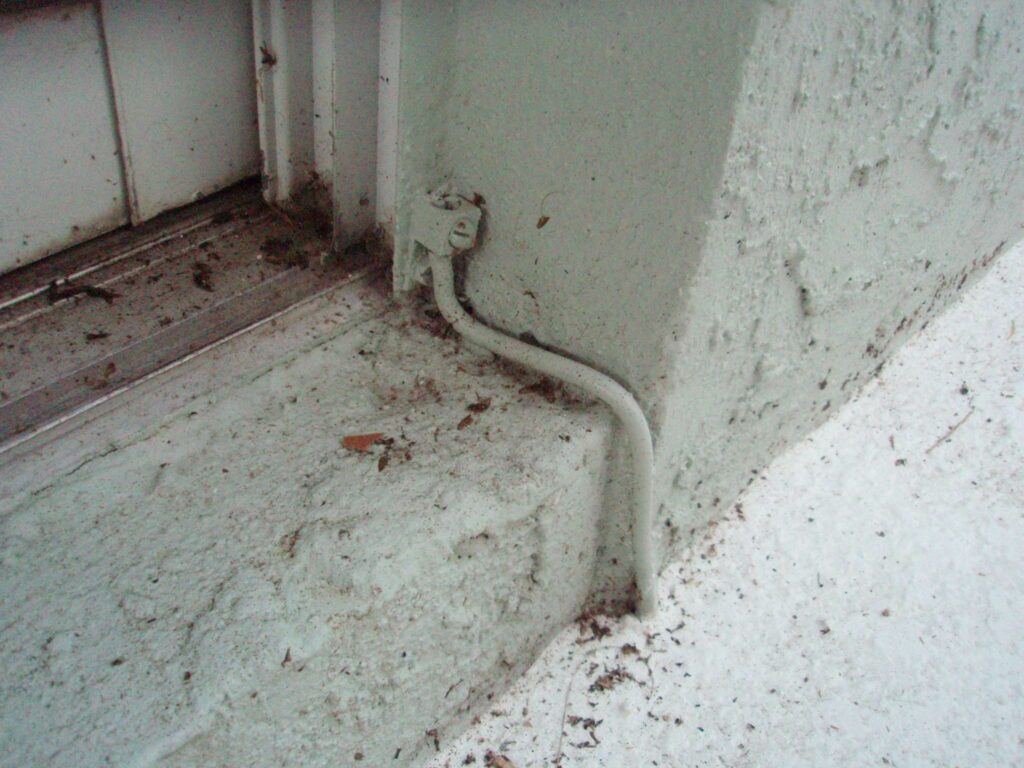
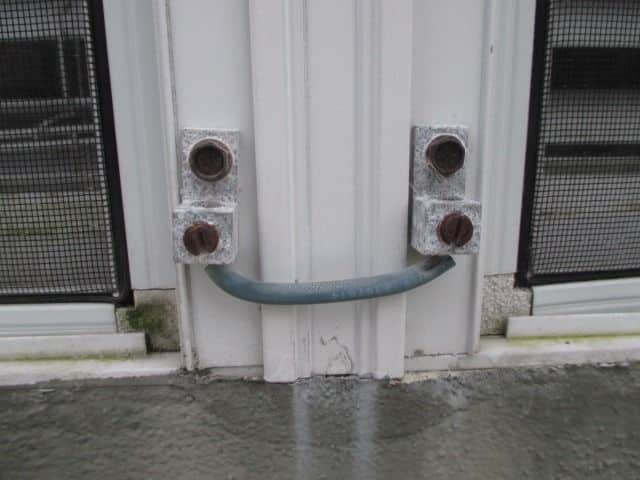
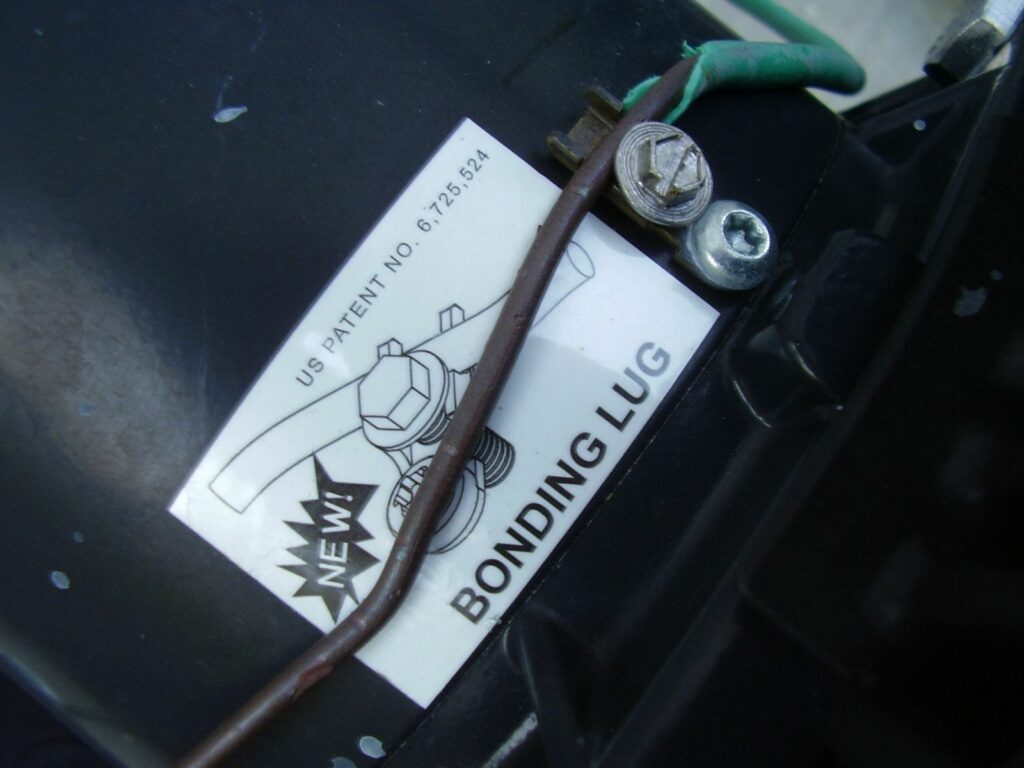
There are many other items that should be bonded besides the images above. But, as a home owner and real estate agent, you might be able to better understand the importance of bonding when your home inspector calls this out on their report.
There are strict rules and codes to bonding of pool equipment and its surrounding objects (windows/doors). For the sake of simplicity, we will not be covering those rules.
How Does Electricity Flow from a Bond to the Ground?
So even though we have everything bonded, we still need to ensure it is all grounded. Grounding electricity flows electrical current to the Earth which helps surges dissipate rather than concentrate.
Your house typically has one central “ground rod” which is a piece of rebar that goes into the ground. That ground rod actually connects to the rebar inside your home (if you have a concrete block home), and to all the electrical panels, and your pool equipment!
As home inspectors, we inspect for grounding/bonding in all areas that they should be.
Want to learn more about grounding? Check out this article from the Spruce.
Concluding
Bonding of all metal components in and near a pool help bring electrical currents back to their source or the ground in case of a surge. If items were not bonded, electricity could roam freely which can be deadly to someone swimming.
If you have any further questions on bonding or grounding of pool systems, comment below!
Huge shoutout to Jon Bolton from Home Inspection University Florida for sharing all of the images above with us!

